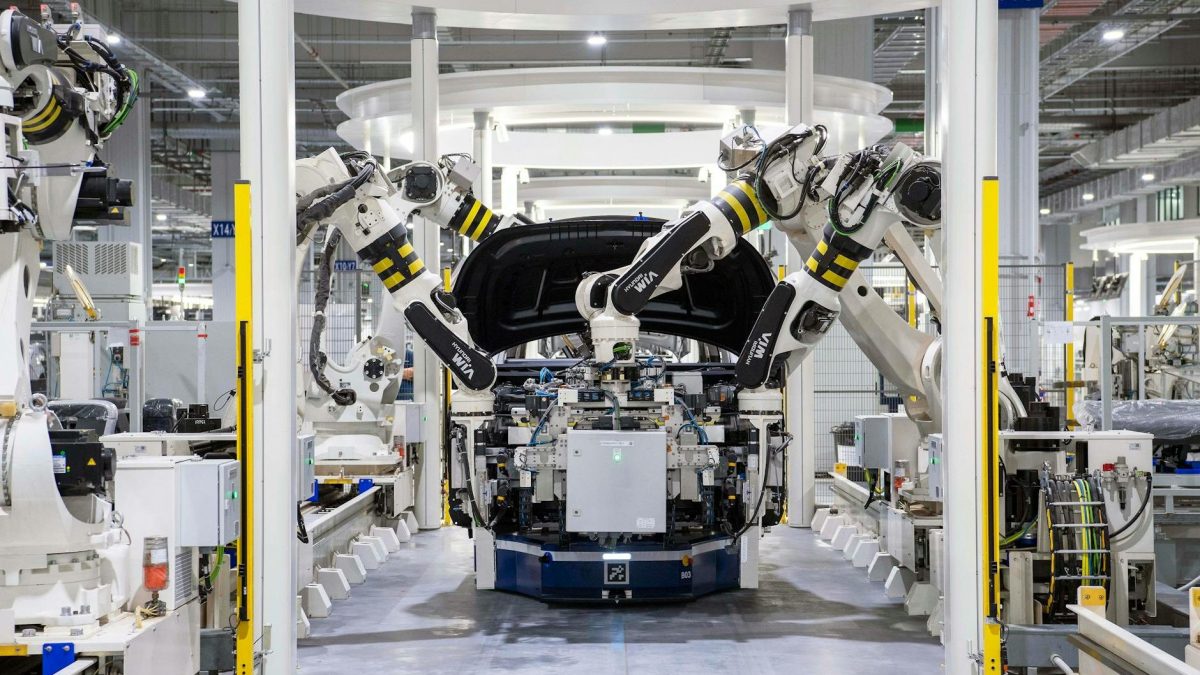Contrary to what some may think, this concept encompasses all technologies that enable business processes to be carried out with minimal or no human intervention and is more relevant than ever. With the emergence of new technologies such as generative Artificial Intelligence, digitisation and augmented reality, the possibilities for automating more processes are expanding.
Often, when we think of automation, we see it only as a tool to reduce costs and replace manual tasks done by people. However, its benefits go far beyond simply generating savings and efficiencies. Automation brings significant improvements in three key areas: process quality, speed and capacity, and in many cases it improves people’s lives.
Quality
Let’s start by talking about quality. When we automate a process, we incorporate the knowledge and experience of the most expert people in the organisation into the solution we develop. This ensures that the digitisation process is always performed exceptionally well. This is difficult, if not impossible to guarantee, when different people execute the same process, as it depends on their knowledge, skills and moods at the time.
Speed
In terms of speed, the improvement is evident with automation, with automated solutions typically reducing process execution time by more than 95%. In addition, the capacity of their execution undergoes a dramatic change. Often, companies cannot have enough people to handle all requests, which impacts the speed of service delivery and problem resolution for customers. Automation makes it possible to overcome this limitation and execute the process for all cases regardless of the cost or time it would take.
Despite the benefits, it is often argued that the lack of applications or a suitable architecture prevents companies from initiating automation strategies. However, it is not necessary to have highly modern enterprise systems or architectures to get started. It is a good idea to start with an important but not too large process so that the benefits generated will have a significant impact and stimulate interest in further automation projects. These results will generate the resources and wins needed to drive a more robust automation strategy. Automation is a powerful tool in today’s business world, offering a number of significant advantages that can transform the way companies operate and compete in the marketplace. Here are some of the most salient benefits of automation:
Operational efficiency
Automation allows repetitive tasks to be performed faster and more accurately than humans. This means that companies can complete processes in less time and with fewer resources, increasing operational efficiency and reducing costs.
Increased productivity
By eliminating the need for employees to perform tedious, manual tasks, automation frees up time and resources that can be spent on more productive and strategic activities. This can boost overall business productivity and enable faster growth.
Improved quality
Automation reduces the possibility of human error when performing tasks, leading to greater consistency and quality in products and services. Automated systems can follow pre-defined processes with precision, ensuring consistent and reliable results.
Cost reduction
Although the initial implementation of automated systems may require a significant investment, in the long run, it can result in substantial savings. Automation can reduce labour costs by minimising the need for human labour while reducing the costs associated with errors and rework.
Flexibility and scalability
Automated systems can easily adapt to changes in demand or business processes. This gives companies greater flexibility to adjust to market conditions and scale their operations as needed without incurring significant additional costs.
Improved customer satisfaction
By increasing the efficiency and quality of products and services, automation can improve customer satisfaction by ensuring faster deliveries, more reliable products and a better overall experience.
Improved analysis and decision making
Automated systems can collect and analyse large amounts of data quickly and accurately. This provides companies with valuable information for decision-making, enabling greater visibility and understanding of business operations.
Conclusions
In summary, automation offers a wide range of benefits that can help companies improve their efficiency, productivity, quality and profitability. By strategically adopting automated technologies, companies can better position themselves to compete in an increasingly competitive and ever-changing business environment.
Automation is an essential tool for improving the speed, quality and capacity of business processes that is available to all companies. Every day there are fewer and fewer processes that cannot be automated, due to the emergence of new technologies and their adoption by society. If we want to improve productivity, which is a fundamental requirement for driving economic growth, automation is not an option, it is a necessity.









